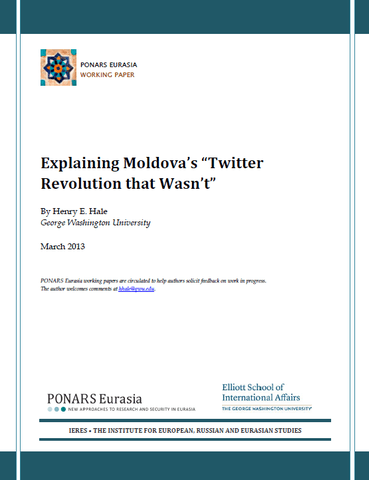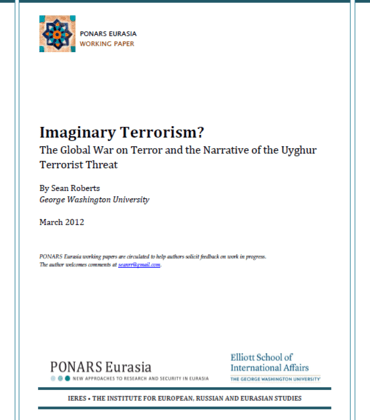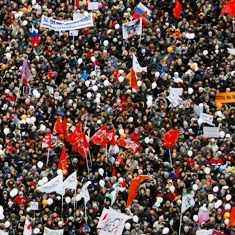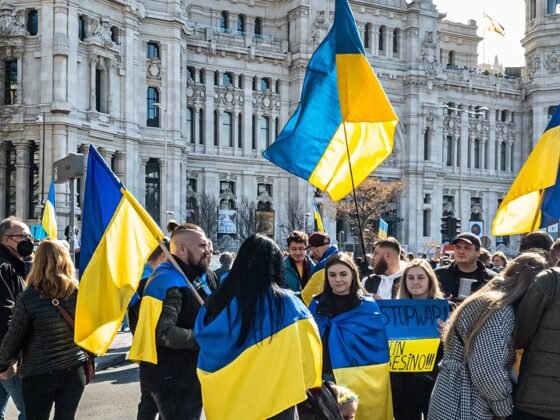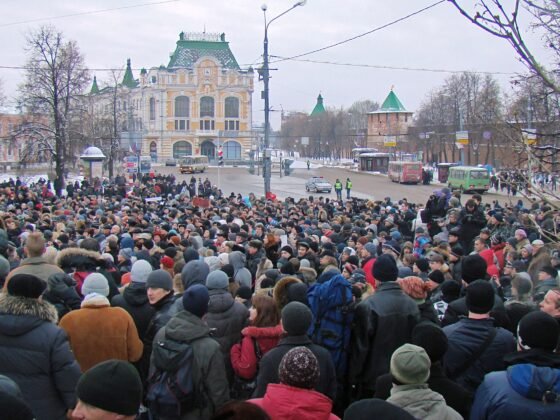
The present paper provides such an analysis and argues that Moldova’s revolution can best be explained not by social media driven activism, but instead first and foremost by a succession crisis that happened to hit as the country was just entering a sharp economic decline as a consequence of the global financial crisis. Careful process tracing of events, including the details of the April protests as well as critical events later in the year, reveal that these two crucial factors (public opinion and succession politics in the dominant political machine) were capable of generating both the mass rioting and the ouster of the Communist party that followed several months later. Among other things, this suggests that studies of social media’s effects on politics must be couched in rigorous and systematic study of the larger political context in which the Internet operates.

